Our clinicians are regulated health professionals whose focus is working with hard to engage, high-risk children, youth, and families. We support our clients to overcome personal struggles and to thrive in the face of adversity, by drawing on their natural strengths and resilience and employing effective, evidence-based assessments and treatments. We also engage in consultation and training for other mental health professionals on working from a trauma-informed lens.
ASSESSMENT
Assessments are a tool for better understanding the nature of difficulties, and to obtain a profile of an individual’s strengths and weaknesses. This information is helpful in putting together a plan to help you and can assist you in accessing better supports and services in the community and at school.
At OCFR our clinicians are experienced at conducting learning assessments with children who have experienced childhood adversity and trauma. At OCFR we offer several types of assessments:
MENTAL HEALTH/ SOCIAL EMOTIONAL
These assessments are used to clarify presenting problems and make diagnoses when applicable.
PSYCHO-EDUCATIONAL/ LEARNING
These assessments are aimed at identifying individual learning profiles, strengths and weaknesses, and used to investigate the possibility of cognitive impairments, learning disabilities, and/or Attention-Deficit/Hyperactivity Disorder.
FORENSIC RISK-ASSESSMENTS
These are assessments for those involved in the criminal justice system that identify the individual’s risk to reoffend and factors, that if addressed, can reduce the likelihood of reoffending.
TREATMENT
Treatment, or psychotherapy, involves working towards goals agreed upon by you and your psychologist to make changes that improve your quality of life. These can include learning strategies to better manage feelings, thoughts, and behaviours, and how to form and maintain healthy relationships. Psychotherapy is often done on an individual basis (meeting alone with a psychologist), but it can also be done in a group or with your family.
All of our treatment services are based on the best available evidence and rooted in a collaborative, child and family respectful practice. This means that when we work with individual children and youth we also include parents when possible because parents are the most important people in their children’s lives and are often in the best position to support them to make changes.
CONSULTATION
We provide supervision and consultation to clinicians and students in the assessment and treatment of childhood adversity and its sequelae, including differential diagnosis, case conceptualization, and treatment planning.
TRAINING
We provide training to those working with children, teens, and families affected by childhood adversity including group home staff, foster parents, child welfare staff, and mental health clinicians.
